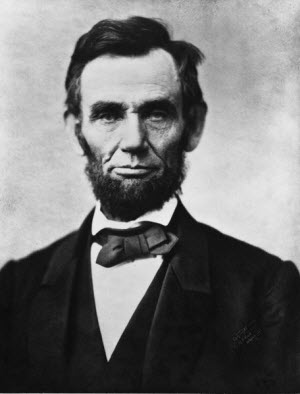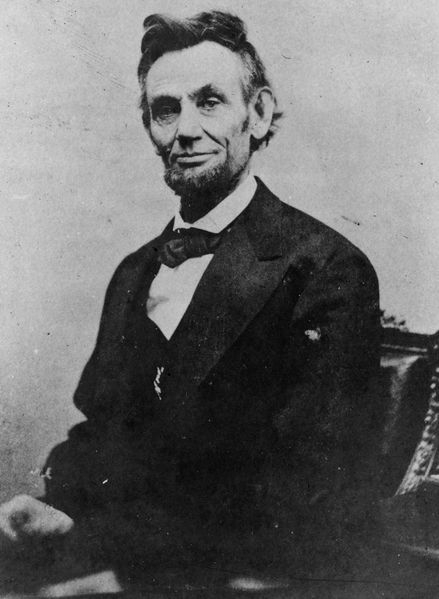THE "SECRET PASSAGE" TO WASHINGTON.
Throughout his entire life, Abraham Lincoln's physical courage was as great and superb as his moral courage. When Mr. Pinkerton and Mr. Judd urged the President-elect to leave for Washington that night, he positively refused to do it. He said he had made an engagement to assist at a flag raising in the forenoon of the next day and to show himself to the people of Harrisburg in the afternoon, and that he intended to keep both engagements.
At Philadelphia the Presidential party was met by Mr. Seward's son, Frederick, who had been sent to warn Mr. Lincoln of the plot against his life. Mr. Judd, Mr. Pinkerton and Mr. Lamon figured out a plan to take Mr. Lincoln through Baltimore between midnight and daybreak, when the would-be assassins would not be expecting him, and this plan was carried out so thoroughly that even the conductor on the train did not know the President-elect was on board.
Mr. Lincoln was put into his berth and the curtains drawn. He was supposed to be a sick man. When the conductor came around, Mr. Pinkerton handed him the "sick man's" ticket and he passed on without question.
When the train reached Baltimore, at half-past three o'clock in the morning, it was met by one of Mr. Pinkerton's detectives, who reported that everything was "all right," and in a short time the party was speeding on to the national capital, where rooms had been engaged for Mr. Lincoln and his guard at Willard's Hotel.
Mr. Lincoln always regretted this "secret passage" to Washington, for it was repugnant to a man of his high courage. He had agreed to the plan simply because all of his friends urged it as the best thing to do.
Now that all the facts are known, it is assured that his friends were right, and that there never was a moment from the day he crossed the Maryland line until his assassination that his life was not in danger, and was only saved as long as it was by the constant vigilance of those who were guarding him.
Abraham Lincoln | Events | People | Abraham Lincoln Quotes |
Quotations About Abraham Lincoln | Abraham Lincoln Photo Gallery | Abraham Lincoln Timeline |
Privacy Policy | About Us | Site News | Site Map |
Anecdotes and Stories About Abraham Lincoln


